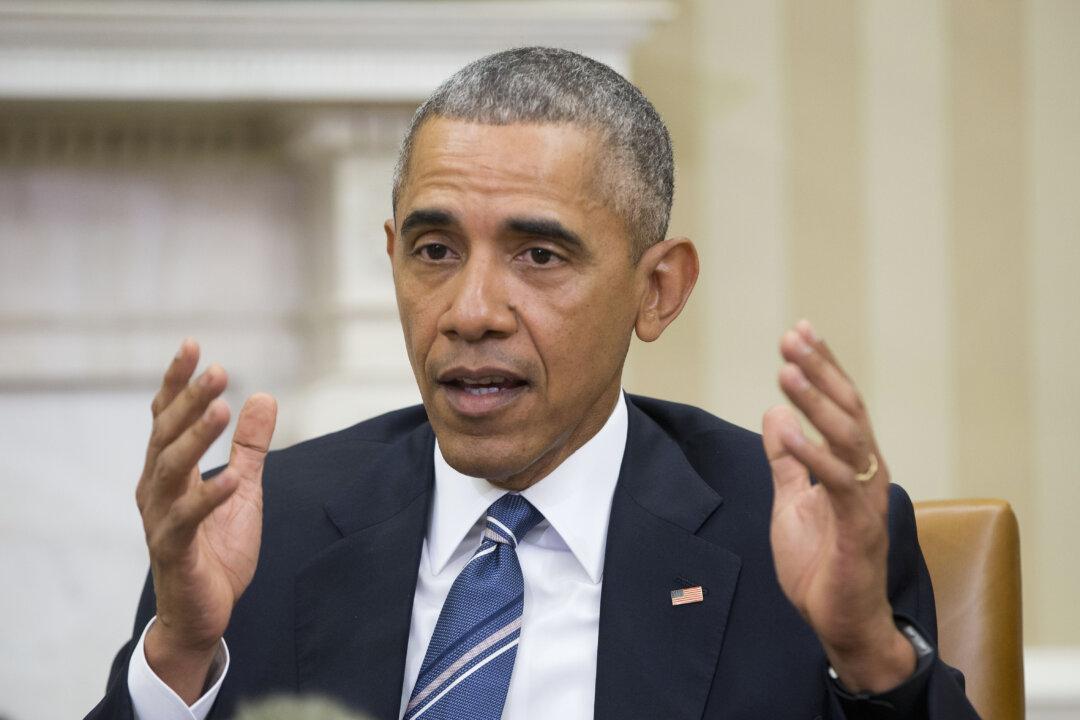WASHINGTON — President Barack Obama accused Senate Republicans on Wednesday of putting the Supreme Court’s credibility at risk if they make good on their vow not to consider or vote on his pick to replace the late Justice Antonin Scalia. He promised to nominate a candidate anyway.
“I’m going to do my job,” Obama said.
Obama, weighing in during an Oval Office meeting, acknowledged that Republicans are under “enormous pressure from their base” to oppose his nominee. But he said if Republicans defy the Constitution by snubbing his nominee, the ability of any future president to pick judges will further erode.
“At that point, not only are you going to see more and more vacancies and the court system break down, but the credibility of the Court begins to diminish because it’s viewed simply as an extension of our politics,” Obama said after a meeting with Jordan’s King Abdullah II.
Senate Republicans want to hold off a Supreme Court pick until Obama leaves office in January. Just a day earlier, Majority Leader Mitch McConnell, R-Ky., said his 54-member GOP caucus was united against taking any step in the Senate’s “advise and consent” process. The Judiciary Committee won’t hold confirmation hearings, he said. The committee and the full Senate will not vote.
The White House insists that unambiguous declaration doesn’t mean game over for the president. Rather, Obama and his team are hoping to select a well-regarded candidate Republicans would be hard-pressed to oppose, then build a public campaign of support for him or her while ratcheting up political pressure on Republicans for standing in the way of fair consideration.
Once Republicans are faced with an actual candidate instead of an “abstraction,” Obama said, opposition might soften. He said he hoped Judiciary Committee members would “recognize that it is their job to give this person a hearing” and then let their conscience dictate their vote on the nominee.
“I don’t expect any member of the Republican caucus to stick their head out at the moment and say that,” Obama said. “But let’s see how the public responds to the nominee that we put forward.”
But Republicans showed no signs of backing down. A few Republicans, including McConnell, have said they would not even meet with the nominee when that person makes introductions on Capitol Hill.
“Why would I? We’ve made the decision,” said Sen. Orrin Hatch, R-Utah, a committee member.





